The Johns Hopkins Workshop on Inequality and Social Policy brings together colleagues — faculty, graduate students, and interested undergraduates — from the Krieger School and around the university to examine the latest scholarship on inequality. Rooted fundamentally in the social sciences, the workshop will range widely to embrace a variety of perspectives. Although focused primarily on inequality in the United States — its historical roots, contemporary causes, and potential remedies — the workshop will also embrace a global perspective on the problem of inequality. While inequality of various kinds is clearly susceptible to the precise measurement and modeling of the quantitative social sciences, inequality is also the result of historical and cultural processes that draw the attention of fields such as history and anthropology. Across all of these fields, the problem of inequality has generated some of the most creative and exciting scholarship in the social sciences in recent years, and the workshop will offer colleagues at Hopkins the opportunity to be exposed to and learn from the best of this work in a stimulating and mutually supportive environment.
Upcoming Workshops
Email [email protected] referencing the social policy and inequality workshops if you would like to be invited to future events.
POSTPONED: Lance Freeman (Urban Planning, Columbia University)
Date: Postponed, new date TBA
Lance Freeman is a Professor in the Urban Planning Program and the Director of the doctoral program in Urban Planning at Columbia University. His research focuses on affordable housing, gentrification, ethnic and racial stratification in housing markets, and the relationship between the built environment and well-being. Matthew E. Kahn, Bloomberg Distinguished Professor of Economics and Business and Director of the 21st Century Cities Initiative, will serve as a discussant.
Past Workshops
Annelise Orleck (History, Dartmouth)
Date: October 29, 2020
Location: Virtual.
Time: 4:15-6pm
Annelise Orleck is a Professor of History at Dartmouth. Professor Orleck will be discussing the forthcoming paper “And the Virus Rages on: “Contingent” and “Essential” Workers in the Time of COVID-19.” Daniel Schlozman (Political Science) and Beverly Silver (Sociology) will serve as discussants.
Sarah Halpern-Meekin (Human Ecology, University Wisconsin-Madison), February 20, 2020
Date: February 20, 2020
Location: Mergenthaler Hall Room 366
Time: 4:15PM-6:00PM
Sarah Halpern-Meekin is an Associate Professor of Human Development and Family Studies at University of Wisconsin-Madison. Professor Halpern-Meekin will be discussing her new book, Social poverty: Low-income parents and the struggle for family and community ties. We will circulate the Introduction and Chapter 1 of her book to those that have RSVPd prior to the workshop. Andrew Cherlin, Benjamin H. Griswold III Professor of Public Policy in the Department of Sociology and Lieny Jeon Assistant Professor and Research Director of IDEALS Institute at the School of Education will serve as respondents.
Rogers Smith (Political Science, University of Pennsylvania), November 14, 2019
Date: November 14, 2019
Location: Mergenthaler Hall, Room 366, Homewood Campus
Time: 4:15PM-6:00PM
Rogers Smith is the Christopher H. Browne Distinguished Professor of Political Science at UPenn and President of the American Political Science Association. Professor Smith will be discussing his working paper “White Reconstruction in America.” We will email the paper to everyone who RSVPs prior to the event. Discussants include Emily Zackin, Assistant Professor of Political Science, Krieger School of Arts and Sciences and Angus Burgin, Associate Proffesor and Director of Graduate Studies in the Department of History, Krieger School of Arts and Sciences.
Rhiannon Jerch (21st Century Cities Initiative), October 31, 2019
Date: October 31, 2019
Location: Gilman Hall, Room 130G, Homewood Campus
Time: 4:15PM-6:00PM
Rhiannon Jerch is a Post-Doctoral Fellow at the 21st Century Cities Initiative at Johns Hopkins University. Rhiannon will be discussing her most recent paper “The Local Consequences of Federal Mandates: Evidence from the Clean Water Act”. The paper can be read here.
Rucker Johnson (Economics, UC Berkeley), October 17, 2019
Date: October 17, 2019
Location: Gilman Hall, Room 130G, Homewood Campus
Time: 4:15PM-6:00PM
Rucker C. Johnson is the Chancellor’s Professor of Public Policy in the Goldman School of Public Policy at the University of California, Berkeley, and faculty research associate at the National Bureau of Economic Research. As a labor economist who specializes in the economics of education, Johnson’s work considers the role of poverty and inequality in affecting life chances. Professor Johnson will be discussing his new book, Children of the Dream: Why School Integration Works. Nicholas Papageorge, Broadus Mitchell Associate Professor in the Department of Economics, Krieger School of Arts & Sciences and Eric Rice, Assistant Professor at the School of Education, will serve as discussants. Prior to the workshop, we will circulate a chapter of the book to those that have RSVPd.
Colin Gordon (History, University of Iowa), September 12, 2019
Date: September 12, 2019
Location: Gilman Hall, Room 130G, Homewood Campus
Time: 4:15PM-6:00PM
Colin Gordon is a professor of history at the University of Iowa. Professor Gordon writes on the history of American public policy and political economy. Professor Gordon will be discussing his new book, Citizen Brown: Race, Democracy, and Inequality in the St. Louis Suburbs. Robert Lieberman, Krieger-Eisenhower Professor of Political Science, Krieger School of Arts and Sciences and Stuart Schrader, Department of Sociology, Krieger School of Arts and Sciences, will serve as discussants. Prior to the workshop, we will circulate a chapter of the book to those that have RSVPd.
David Grusky (Sociology, Stanford), March 28, 2019
Date: March 28, 2019
Location: Mergenthaler Room 266
Time: 4:15PM-6:00PM
David Grusky is a Professor of Sociology and Director of the Stanford Center on Poverty and Inequality at Stanford University. His research examines changes in the amount, type, and sources of inequality. In advance of the workshop, we will circulate to all those who RSVP the executive summary of Professor Grusky’s prospectus, “The American Voices Project: Qualitative Census for the 21st Century.” Stefanie DeLuca, Department Sociology, Krieger School of Arts and Sciences and Robert Moffitt, Department of Economics, Krieger School of Arts and Sciences, will serve as discussants. We will serve light refreshments.
Bruce Western (Sociology, Columbia), February 28, 2019
Date: February 28, 2019
Location: Mergenthaler Room 266
Time: 4:15PM-6:00PM
Bruce Western is the Bryce Professor of Sociology and Social Justice and Co-Director of the Justice Lab at Columbia University. His research has examined the causes, scope, and consequences of the historic growth in U.S. prison populations. In advance of the workshop, we will circulate to all those who RSVP an article that serves as a chapter in Professor Western’s recent book, “Homeward: Life in the Year After Prison.” Vesla Weaver, Departments of Political Science and Sociology, Krieger School of Arts and Sciences and Stuart Schrader, Department of Sociology, Krieger School of Arts and Sciences, will serve as discussants.
Jamila Michener (Government, Cornell), December 6, 2018
Date: December 6, 2018
Location: Gilman Hall, Room 130G
Time: 4:15PM-6:00PM
Jamila Michener is an Assistant Professor in the Department of Government at Cornell University. Her research focuses on poverty, racial inequality, and public policy in the United States. During the workshop, she will discuss her paper “Uncivil Polity: The Politics of Unequal Access to Civil Legal Representation”. Discussants will be Jon Vernick, Department of Health Policy and Management, Bloomberg School of Public Health; and Vesla Weaver, Departments of Political Science and Sociology, Krieger School of Arts and Sciences.
Ira Katznelson (Political Science and History, Columbia), October 25, 2018
Date: October 25, 2018
Location: Gilman Hall, Room 130G
Time: 4:15PM-6:00PM
Ira Katznelson, Ruggles Professor of Political Science and History at Columbia University, will be giving a talk titled “‘As God Rules the Universe’: Reflections on the People and the State in Early America.” Discussants will be François Furstenberg, Department of History, and Adam Sheingate, Department of Political Science.
Matthew Kahn (Economics, University of Southern California) September 6, 2018
Date: September 6, 2018
Location: Gilman Hall, Room 130G
Time: 4:00PM-5:30PM
Matthew Kahn, Professor of Economics, Spatial Sciences and Environmental Studies at USC, will be giving a talk titled “Neighborhood Quality of Life Dynamics During Extreme Heat: Implications for the Distributional Effects of Climate Change.” Discussants will be Filipe Campante (Economics and SAIS) and Andy Cherlin (Sociology).
Chloe Thurston (Northwestern), April 19, 2018
Date: April 19th, 2018
Location: Gilman Hall, Room 130G
Time: 4:15PM-6:00PM
Chloe Thurston is an Assistant Professor of Political Science at Northwestern. Her research and teaching interests are in American political development, with a focus on social policy, organized interests and social movements, and historical analysis. Professor Thurston will be discussing the forthcoming paper “The Dividing Welfare State: Race, Gender, and Stratification in the US’s Public-Private Safety Net.”
Laura Tach (Cornell), March 15, 2018
Date: March 15th, 2018
Location: Gilman Hall, Room 130G
Time: 4:00PM-5:30PM
Laura Tach is an Associate Professor of Policy Analysis and Management and Sociology at Cornell University, with a focus on poverty and social policy. She co-directs Cornell Project 2Gen, an initiative of the Bronfenbrenner Center for Translational Research. Project 2Gen serves as a hub for research, policy, and practice that supports vulnerable caregivers and children together. We will be discussing Laura Tach’s and Allison Dwyer Emory’s recently published article “Public Housing Redevelopment, Neighborhood Change, and the Restructuring of Urban Inequality” which can be read here. Phil Garboden, a doctoral candidate in the Department of Sociology, will serve as a discussant.
Ed Glaeser (Harvard): Saving the Heartland: Place-Based Policies in 21st-Century America, February 15, 2018
Date: Ferbuary 15th, 2018
Location: Mergenthaler Hall, Room 366
Time: 4:15PM-6:00PM
Professor Glaeser regularly teaches microeconomics theory, and occasionally urban and public economics. He will be giving a talk titled “Saving the Heartland: Place-Based Policies in 21st-Century America.” In advance of the workshop, we will circulate the paper Professor Glaeser will be discussing to those that have RSVP’d and post them on the event web page. Nicholas Papageorge of the Department of Economics and Stefanie DeLuca of the Department of Sociology will serve as discussants.
Suzanne Mettler: The Government-Citizen Disconnect, December 7, 2017
Date: October 7th, 2017
Location: Gilman Hall, Room 130G
Time: 4:15PM-6:00PM
Suzanne Mettler, Clinton Rossiter Professor of American Institutions in the Department of Government at Cornell University will be discussing chapters one and four from her book manuscript, The Government-Citizen Disconnect. Daniel Schlozman of the Department of Political Science and Andy Cherlin of the Department of Sociology will serve as discussants.
Jonathan Morduch (NYU), with commentators Kathy Edin and Robert Moffitt, October 19, 2017
Date: October 19th, 2017
Location: Gilman Hall, Room 130G
Time: 4:15PM-6:00PM
Jonathan Morduch, professor of public policy and economics at New York University, will be discussing economic insecurity and employment in the US. Morduch’s new book, The Financial Diaries: How American Families Cope in a World of Uncertainty, examines income instability in the American workforce through the use of income surveys. Week by week cash flows of 235 households from 2012 to 2013 were investigated to gain insight into how families deal with income volatility. Morduch, and his co-author Rachel Schneider, detail a stagnation and inconsistency in earnings, especially prevalent among poor or “near-poor” households. During the workshop, we will be discussing chapters 1, 2, and 7 which you can read here, along with the introduction.




